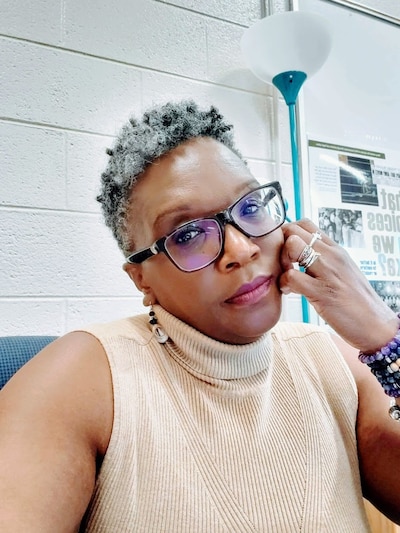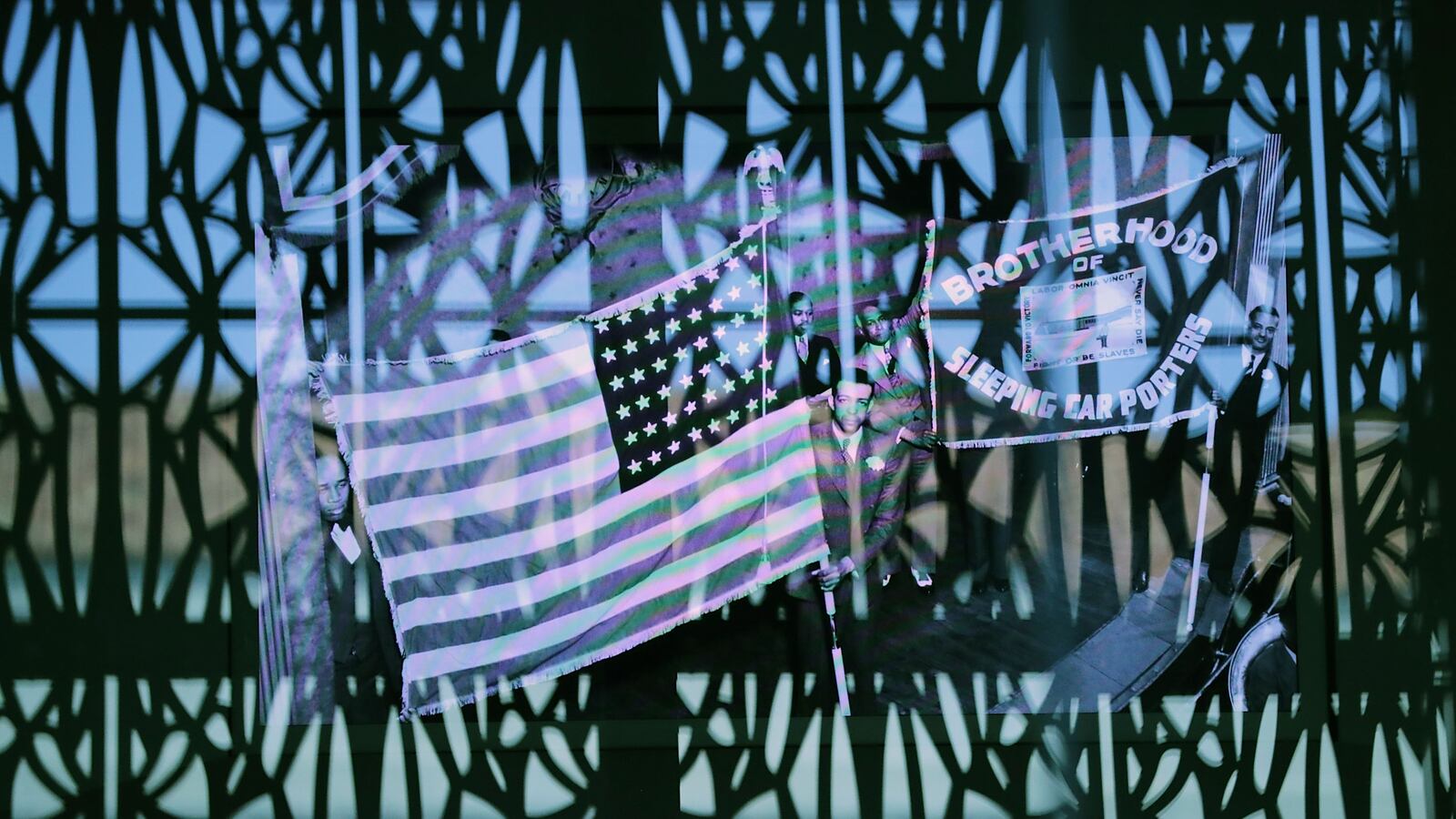A couple of years ago, as I listened to a radio report about how North Carolina’s strict voter ID law “targets African Americans with almost surgical precision,” my eyes welled with tears. I wondered: Why do they hate us so much? Now the headlines in North Carolina, the state where I live and teach U.S. history, civics, and economics, read: “North Carolina House approves bill to limit teaching of race.” My reaction this time is different: This cannot and will not continue.
And it’s not just North Carolina. Lawmakers in states around the country are attempting to block the teaching of critical race theory, which looks at how racism continues to affect individuals and society. (One such bill was signed into law in Tennessee this week.)

I am a Black woman, and teaching my history — telling the truth about it — should not be controversial. Teaching historical facts in context should not merit a parent email that turns into a parent conference with the administration. An award-winning, vetted book should not be why calls are made to the district central office. Teachers are professionals, and while every lesson is not perfect, each teaching moment has the potential to challenge students, help them grow, and inspire their love of learning.
As a history teacher, a professional educator with years of experience in the classroom, my main job is to teach historical truths. Each year I attend so many professional development sessions that I sometimes don’t even turn in all of my continuing education credit certificates because I have surpassed the requirements for teacher recertification. In addition, I regularly connect with colleagues and organizations on social media to bring my students the most comprehensive and contemporary understanding of my content area. Finally, I often spend weekends at historical sites or walking trails while listening to the latest book talk on relevant topics. I do this so that I can be better, stronger, and know more for my students — and also because I have a passion for the study of history.
I come to my classroom prepared to teach, with hours of planning and research under my belt. Yet, after several recent incidents, I have left the classroom deflated, accused, and filled with anxiety. For example, one of my recent lessons about how the First Amendment protects the right to protest included an article about the Black Lives Matter movement that was met with criticism from a parent.
“They don’t do that in our home,” the parent told me.
Do what, I wondered. Learn about a current event that is gripping the country? Understand that that history is steeped in protest and civil rights are hard-won? See value in the lives of people of African descent? What do they think the American Revolution was, if not a big, old protest?
During the 2008 presidential election, I was teaching in Virginia. Soon after the media called the state of Virginia for Barack Obama, my youngest daughter sent me a text thanking me for living in the state that would give the country its first Black president. To me, that is my most precious memory of this historical moment.
During the 2020 election, I was teaching through a computer screen. I could see my students’ names, but that’s about it; their cameras were often off and their mics muted. To state the obvious, it wasn’t the ideal space to have organic political conversations with teenagers. But watching parades of trucks waving gigantic Confederate and Trump flags and seeing heinous postings on our social media platforms, I understood the polarization that continues to grip us and is making its way into my virtual and physical classroom.
This is not to say all of my efforts to teach “controversial” topics have been met with hostility. I had a 10th grade student tell me he was glad that I came to teach at her school because she had not learned about Black history until I got there. This student had spent over a decade in the public school system — and just now was having her first lessons that centered Black people. Not that it matters, but that student is white.
Another student sent me an email full of emotion after reading the book “Enrique’s Journey,” a true story about an undocumented immigrant family. It was the first time she had her culture reflected back to her in an educational setting, she wrote.
I hung a poster on the classroom wall of Harvey Milk, California’s first openly gay elected official, on the classroom wall, alongside images of Thomas Jefferson and the Constitution that I got from James Madison’s Montpelier. I did this because intentionally choosing to incorporate those underrepresented voices in the teaching of the curriculum is what an effective teacher does. Knowing that these voices matter to all students is what a caring teacher does.
The point is that none of this should be “controversial” to teach. My job is to teach historical truths, to help my students become critical readers and thinkers and skillful and persuasive writers. Revealing long-ignored history gives students a more comprehensive understanding of the past, which in turn gives us a deeper understanding of ourselves.
I make sure that my students’ identities are reflected in the lessons as I teach in civics and economics and American History I and II (which should be titled United States History I and II) so that my students understand the power that they hold in the world.
But the classroom has become a minefield of political dos and don’ts. Some educators have told me that there are now certain topics (truths!) that they will not touch or teach out of fear that it will put their jobs in jeopardy. Legislative attempts to block the teaching of critical race theory and The New York Times Magazine’s 1619 Project only raise the temperature. I am tired and mad that in the 21st century, I’m still fighting for people to see humanity in our Blackness, still forced to convince people in power that our stories are worthy of being taught.
Valencia Ann Abbott is the social studies department chair and a history teacher at Rockingham Early College High School in Wentworth, North Carolina. Abbott spearheads “The Civil Rights Movement Beyond 1968: Griggs vs. Duke Power Company” project, marking the 50th anniversary of the Supreme Court ruling in a landmark employment discrimination case.



